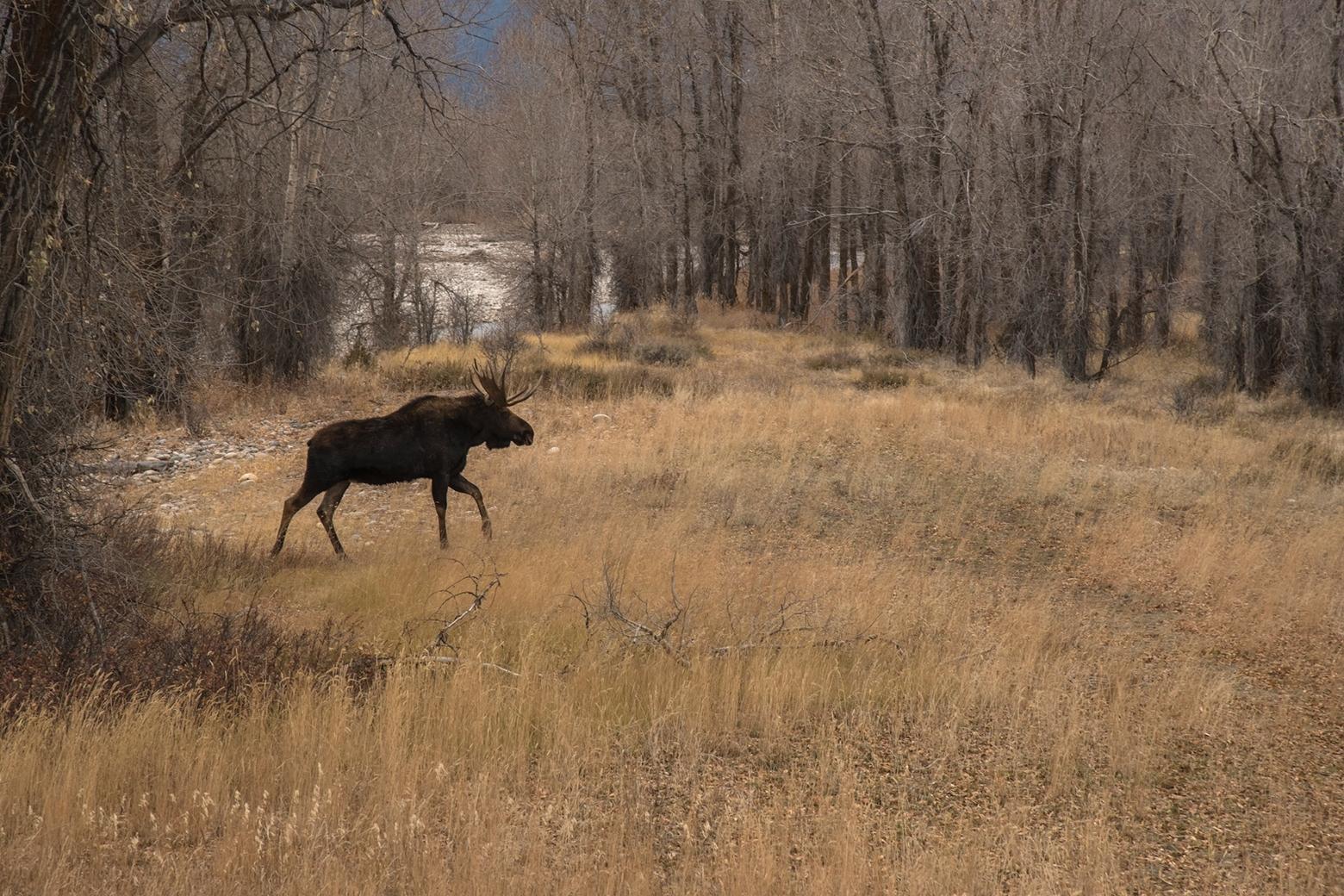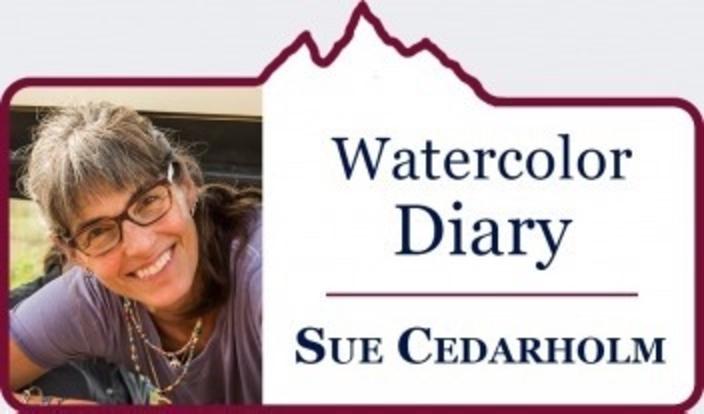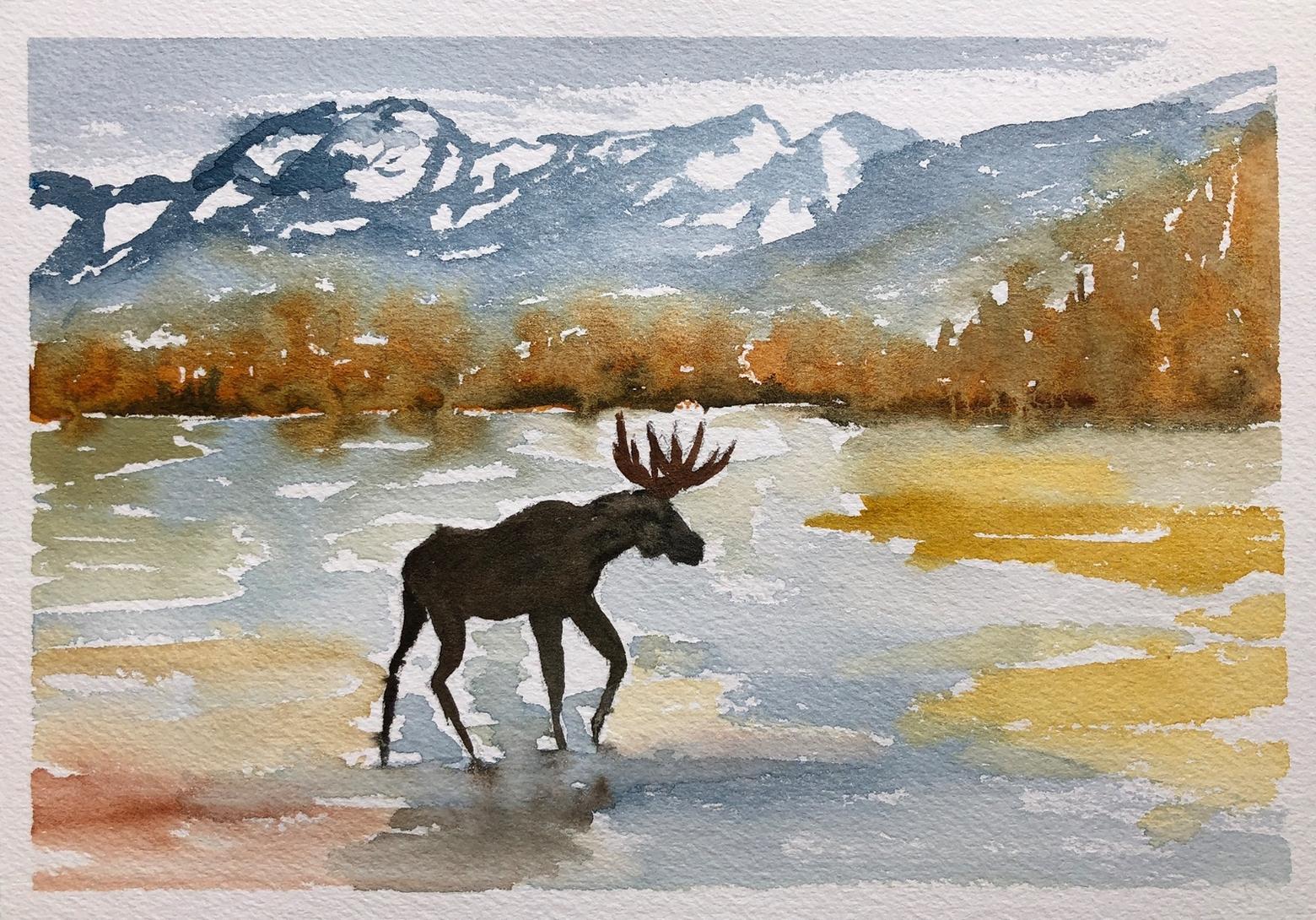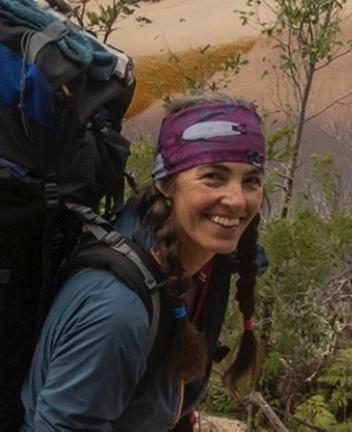Back to StoriesOn The Loose: A Bull Moose In Camera And Brush
November 3, 2017
On The Loose: A Bull Moose In Camera And BrushIn Watercolor Diary, Sue Cedarholm Offers Two Takes On America's Largest Member Of The Deer Family
When I first moved to Jackson Hole permanently more than
half my lifetime ago, a favorite bar was the Mangy Moose Saloon located at the
foot of Rendezvous Mountain or perhaps better known as the base of Jackson Hole
Mountain Resort.
With the snow flying again and seeing the Tetons covered in
an ivory-colored apron that will likely stay now until spring, I admit that I
look forward to taking some turns, and imbibing with apres-ski refreshment at the
Mangy Moose. But in the meantime, I’ve been reveling in early morning
encounters—all from a safe, respectful distance—with real moose.
Some days it is difficult to decide whether to tote camera
or paint kit. A good portion of my watercolors in the studio use photographic
reference I have personally gathered.
I always am lugging a camera or carrying the cell phone with
me. You never know when inspiration will strike. Sometimes I am making the photograph to be a photograph, but
much of the time in recent years I‘ve been thinking about painting.
I regard subject differently when I will be using the
photograph for painting. What will be important in the painting? What is the
main focal point? Do I have enough information to paint from this photograph?
There are many occasions where I will take pieces from
several photographs to make a composite. When photographing wildlife you want
them to have an interesting gesture with an engaging background or one that accentuates your subject using negative space. When making a
photograph you have to get it right compositionally in the frame.
When you paint you obviously take liberties with editing, moving trees
or changing the literal translation of a mountain. I do try to get it right in
the camera and not be painting from several photos.
When I photographed this moose, above, crossing the Gros
Ventre River I wanted to get ahead of him for a better angle that way he would
be walking toward me. I saw him crossing the deep part of the river, he was in
the water up to his chest, not enough of his frame for a good painting.
I looked ahead and saw that he would be crossing the sandbar
and the mountains would be behind him. I ran further ahead, squatted at the
bridge railing and waited. He came across the sand and walked through the
shallow water, I took a lot of frames of him.
The background was kind of messy but that good enough. He went into a meadow, through the golden grasses. When it came time to paint Bull Moose Crossing The Gros Ventre, I
was torn, which was a more powerful backdrop? The river? The flats?
The joy and
the difficulty of being an artist, you see something (the joy) and you know you
want to paint it, you must solve all the problems (the difficulty) to get it on
paper and make it a painting.
The moose aren’t loose in Jackson Hole. They are wild. During the winter season, take special care
when you drive—slow down, not only
for your sake but theirs.





